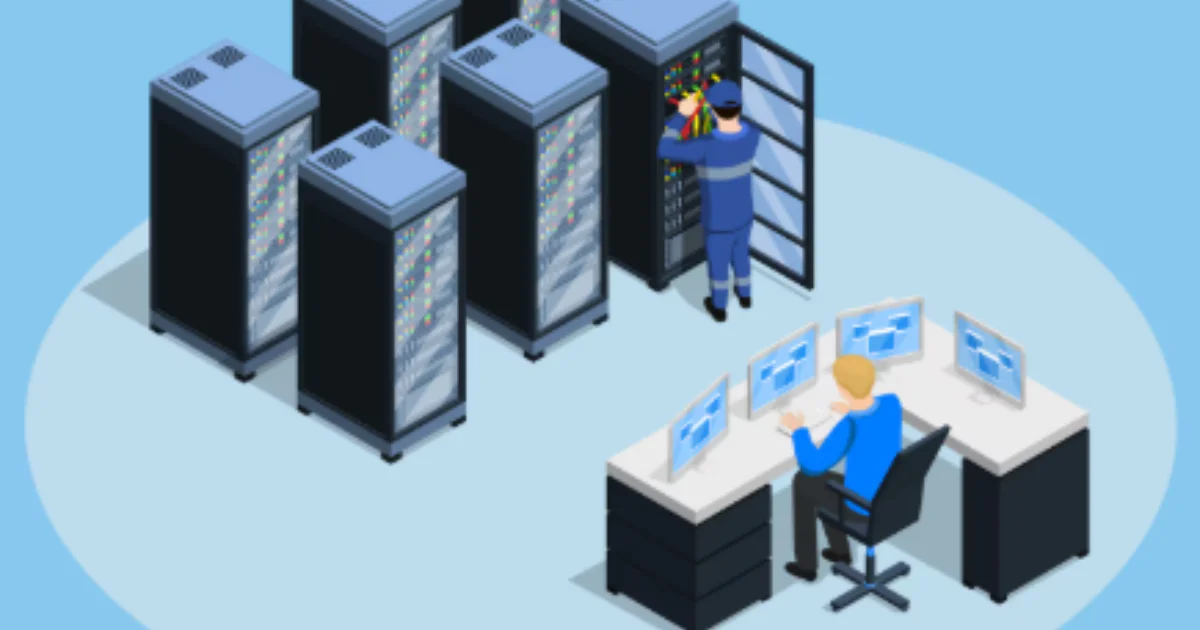Introduction: A Major Update for Bare Metal Hosting
In a significant move for developers, enterprises, and Web3 builders, IPv6 support is now available for Bare Metal Servers. This marks an important milestone in internet infrastructure, as the demand for scalable and future-ready addressing continues to grow.
This upgrade empowers organizations to adopt the next generation of internet addressing without the limitations of IPv4. For full rollout details and technical information, you can read Cherry Servers’ official IPv6 announcement.
The transition from IPv4 to IPv6 has been a long-awaited step in the digital ecosystem. With IPv4 address exhaustion becoming a major bottleneck for innovation, IPv6 brings a new era of possibilities with nearly unlimited addresses, stronger security, and better network efficiency.
This news is not just a technical update—it’s a signal of how modern infrastructure providers are preparing businesses for the future of the internet.
Why IPv6 Support Matters
IPv6 (Internet Protocol version 6) is the next-generation addressing system designed to replace IPv4. For decades, IPv4 served as the backbone of the internet, but its limited 32-bit addressing space (around 4.3 billion unique addresses) could not keep up with the rapid growth of connected devices.
Here’s why this update is critical:
-
Massive Address Pool: IPv6 uses 128-bit addresses, offering 3.4 × 10^38 unique IPs—enough to power the digital world for centuries.
-
Faster Data Processing: Its simplified header format ensures more efficient packet handling.
-
Plug-and-Play Networking: Stateless Address Autoconfiguration (SLAAC) allows devices to configure themselves without complex setups.
-
Stronger Security: IPv6 integrates IPsec, offering built-in end-to-end encryption and authentication.
-
Direct Peer-to-Peer Communication: With the elimination of NAT (Network Address Translation), IPv6 supports seamless peer-to-peer connections.
-
Efficient Data Distribution: Enhanced multicast and anycast capabilities reduce bandwidth load and improve content delivery.
For businesses, this means better scalability, stronger protection against attacks, and an infrastructure that is ready for the future of IoT and Web3 applications.
Where IPv6 Support is Available
The rollout of IPv6 on Bare Metal Servers is happening in phases across global data centers. Currently, it is available in:
-
✅ Singapore
-
✅ Stockholm
-
✅ Frankfurt
-
✅ Lithuania (on selected servers)
Coming soon:
-
⏳ Amsterdam
-
⏳ Chicago
At this stage, IPv6 support is exclusive to Bare Metal servers and does not yet extend to VPS, VDS, or Storage VPS services.
What Customers Get with IPv6 on Bare Metal Servers
This update brings several features for customers using Bare Metal infrastructure:
-
Free IPv6 Subnets: Each server gets a /64 subnet allocation, with the ability to expand up to /56.
-
Easy Management Tools: Configuration is supported through the customer portal, APIs, and automation tools.
-
Compatibility Across OS: Step-by-step setup guides are already available for Ubuntu, AlmaLinux, and CentOS.
-
Future Scalability: The infrastructure is designed to support growth as businesses expand globally.
How to Get Started with IPv6
Enabling IPv6 is straightforward. Customers can activate and manage IPv6 directly through the Bare Metal Server Portal. For developers who prefer automation, APIs and scripts make it easy to integrate IPv6 into deployment pipelines.
Manual setup guides are also available, covering:
-
Ubuntu
-
AlmaLinux
-
CentOS
This ensures that both enterprises and individual developers can adopt IPv6 without facing steep technical hurdles.
Industry Impact: A Step Toward the Future of Internet Infrastructure
The launch of IPv6 on Bare Metal Servers isn’t just about more IP addresses—it represents a shift in how businesses prepare for digital growth.
-
IoT Expansion: With billions of connected devices coming online, IPv6 ensures every device has a unique identifier.
-
Web3 and Blockchain: Projects requiring peer-to-peer connectivity benefit from IPv6’s direct addressing.
-
Global Enterprises: Businesses with worldwide customers can scale without the limitations of IPv4.
-
Cloud and Edge Computing: IPv6 reduces latency and improves distribution across multiple nodes.
By adopting IPv6 early, organizations gain a competitive advantage in future-proofing their digital operations.
FAQs About IPv6 Support for Bare Metal Servers
Q1. Why is IPv6 support important now?
Because IPv4 addresses are nearly exhausted, IPv6 ensures businesses can continue to scale without restrictions.
Q2. Do I need to pay extra for IPv6?
No, IPv6 subnets are included free of charge with every Bare Metal server.
Q3. Can I still use IPv4 along with IPv6?
Yes, dual-stack configurations allow you to run both IPv4 and IPv6 simultaneously.
Q4. Will IPv6 support expand to VPS and VDS servers?
Currently, IPv6 is only available on Bare Metal servers, but expansion is planned for the future.
Q5. Is IPv6 difficult to configure?
Not at all. With automation tools, API support, and detailed setup guides, configuration is straightforward.
Final Thoughts
The announcement that IPv6 support is now available for Bare Metal Servers marks a significant milestone for businesses and developers worldwide. With unmatched scalability, improved security, and direct peer-to-peer connectivity, IPv6 ensures that infrastructure is prepared for the internet’s future demands.
For enterprises, startups, and Web3 innovators, adopting IPv6 is not just an option—it’s a strategic necessity.


